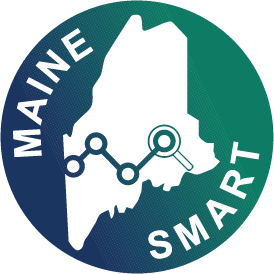Projects
Current Maine EPSCoR Programs
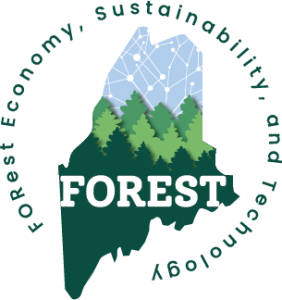
Maine-FOREST $7 million
Led by the University of Maine, the RII E-RISE Forest-based Opportunities for Resilient Economy, Sustainability and Technology (Maine-FOREST) award expands the state’s research and educational capacity to connect human and ecosystem focused innovations and services.
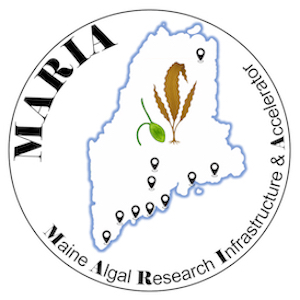
MARIA $7 million
Led by the Bigelow Laboratory for Ocean Sciences, the RII E-RISE the Maine Algal Research Infrastructure and Accelerator (MARIA) award strengthens research infrastructure to serve as a nucleus of innovation potential for algae-based solutions in agriculture, aquaculture, energy, and pharmaceutical sectors.
Maine-SMART $8 million
Led by the University of Maine, the RII E-CORE Strengthening Maine’s Research Ecosystem and Pathways Through Strategic Capacity Building (Maine-SMART) award supports more than 200 early career faculty and 2,500 undergraduate students at colleges across Maine, and an additional 120 educators and 9,000 K–12 students.
Past Maine EPSCoR Programs
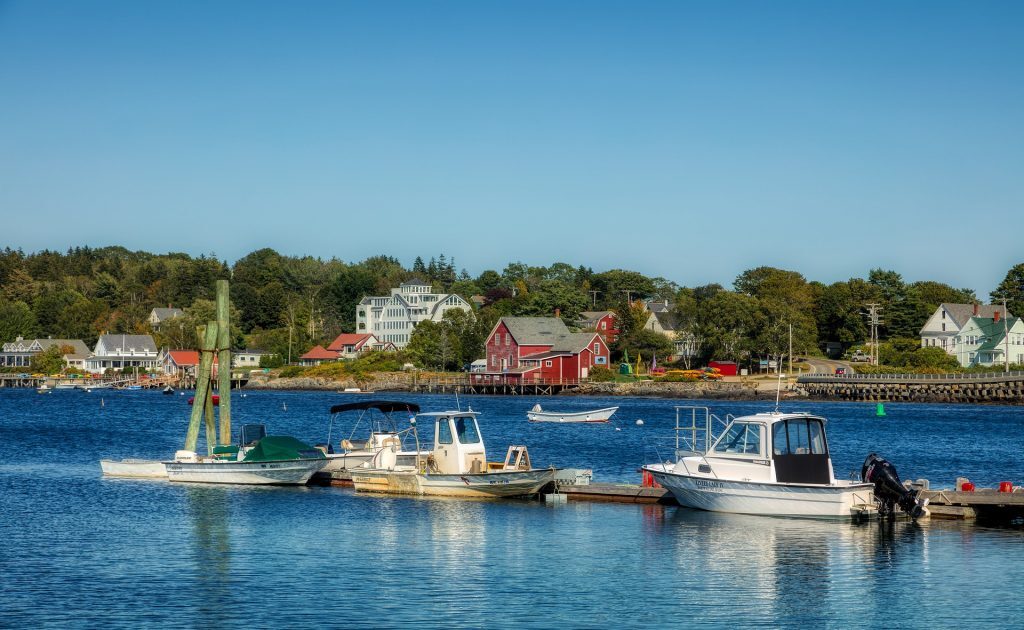
Maine Environmental DNA (Maine-eDNA) – Track-1 FY 2019-2024
Maine-eDNA is a 5-year research, education and outreach program that seeks to transform our understanding and sustainability of Maine’s coastal ecosystems via environmental DNA (eDNA) innovations that unlock new scales of inference and new scales of collaboration.
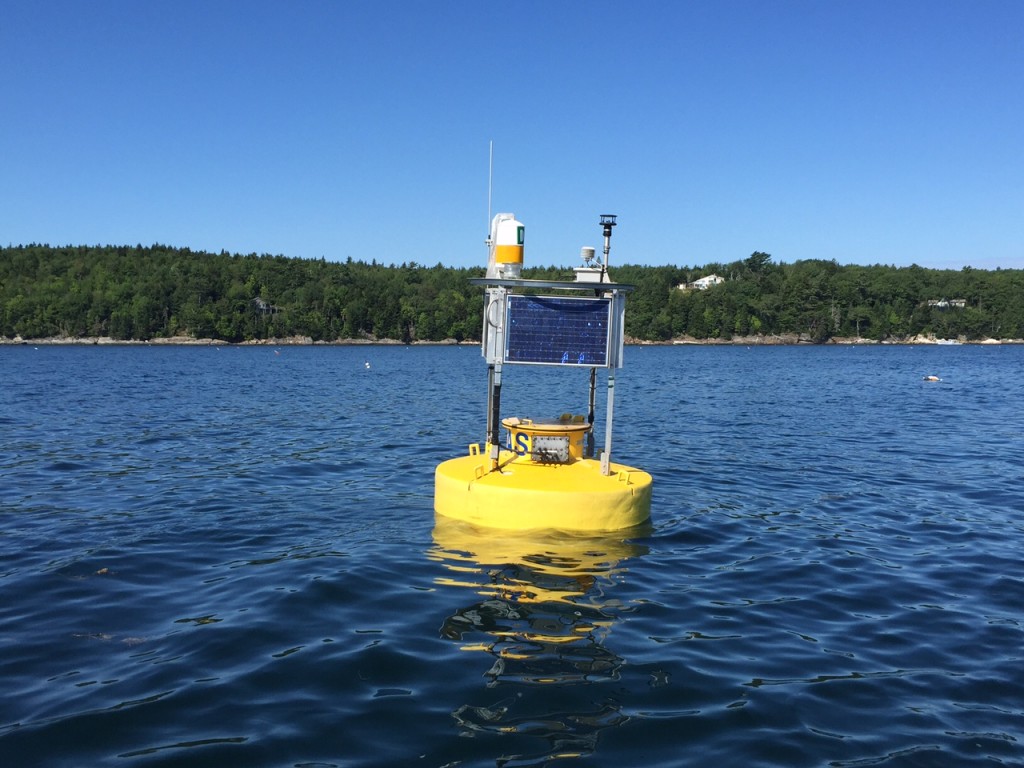
Sustainable Ecological Aquaculture Network (SEANET) – Track-1 FY 2014-2019
SEANET was established under this five-year award to help understand how we can create more sustainable coastal communities and ecosystems through a deeper understanding of how these systems interact with and influence each other.
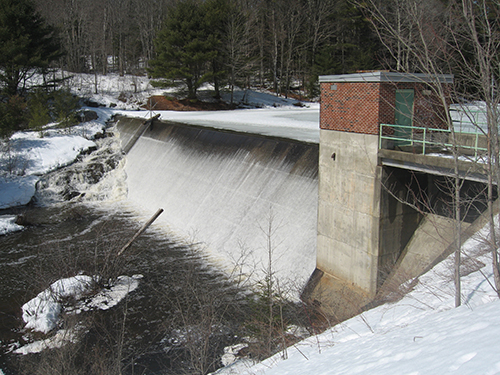
New England Sustainability Consortium – The Future of Dams (NEST) – Track-2 FY 2016-2019
A new $6 million grant from the National Science Foundation’s EPSCoR program will fund a four-year study examining the future of dams in New England. This project marks an expansion in partners and scope for the New England Sustainability Consortium (NEST), adding Rhode Island to the existing partnership between Maine and New Hampshire.
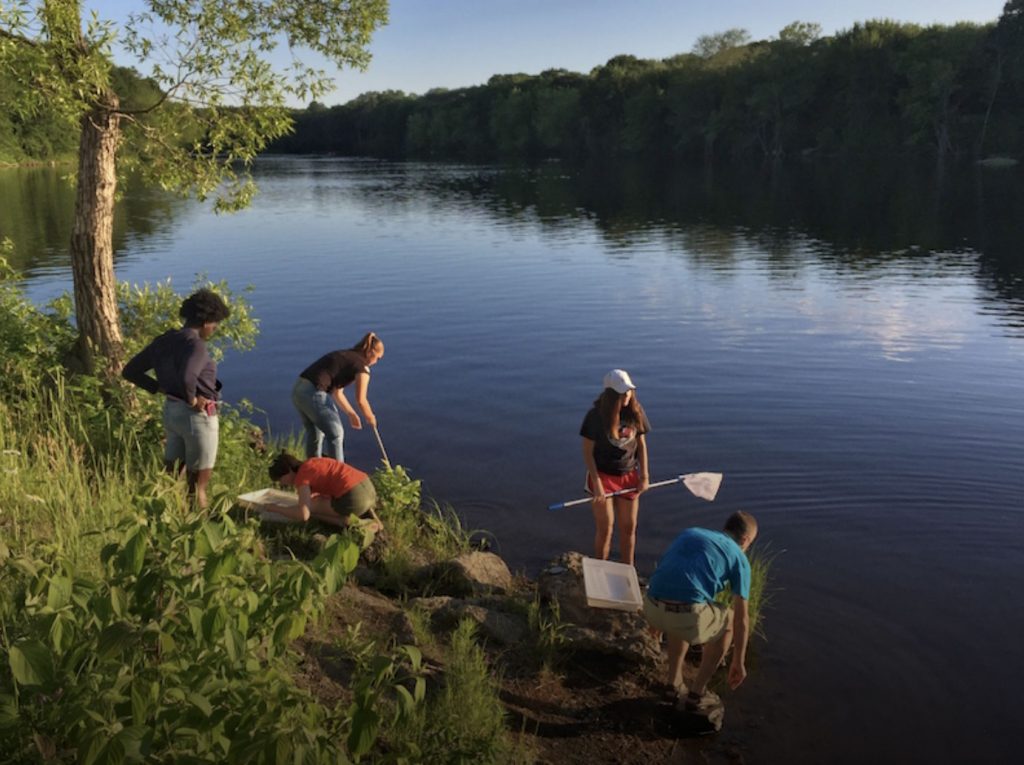
Stormwater Management Education Track-3 FY 2013-2016
This grant is brought high school students and their teachers together with university researchers, community leaders, and environmental professionals to create innovative solutions to environmental problems related to stormwater management.
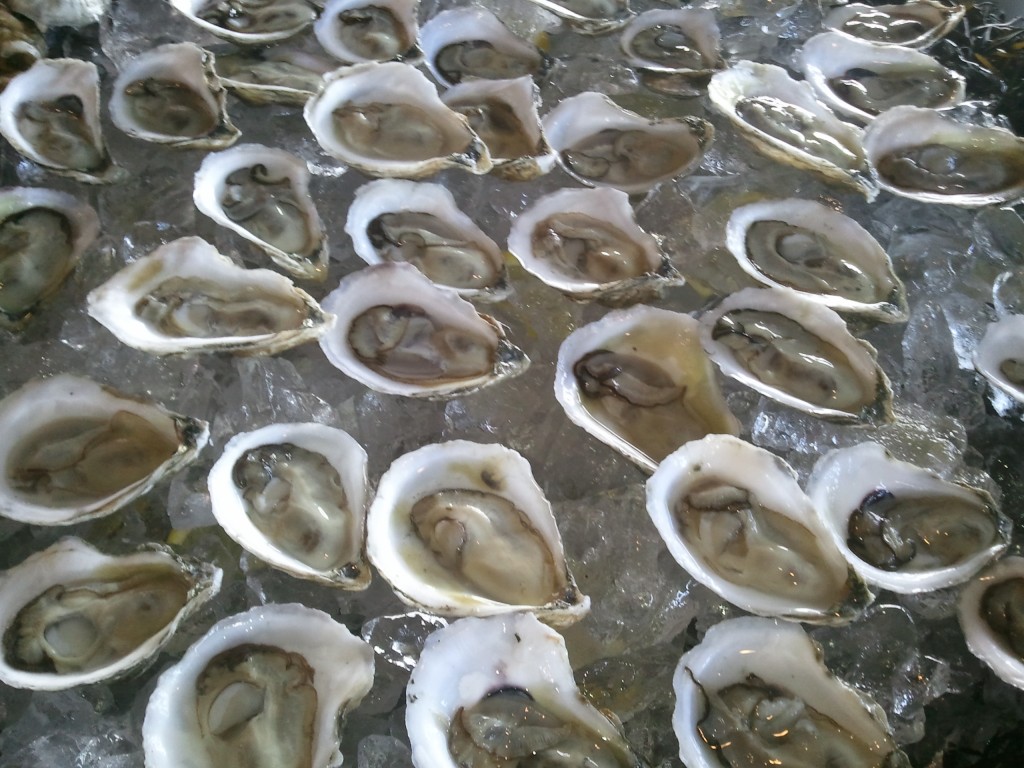
New England Sustainability Consortium (NEST): Track-2 FY 2013-2016
A team of researchers led by the University of Maine and the University of New Hampshire conducted a three-year study of many factors affecting the health of our shared coastal ecosystem. The collaboration strengthened the scientific basis for decision-making related to the management of beaches and shellfish harvesting.
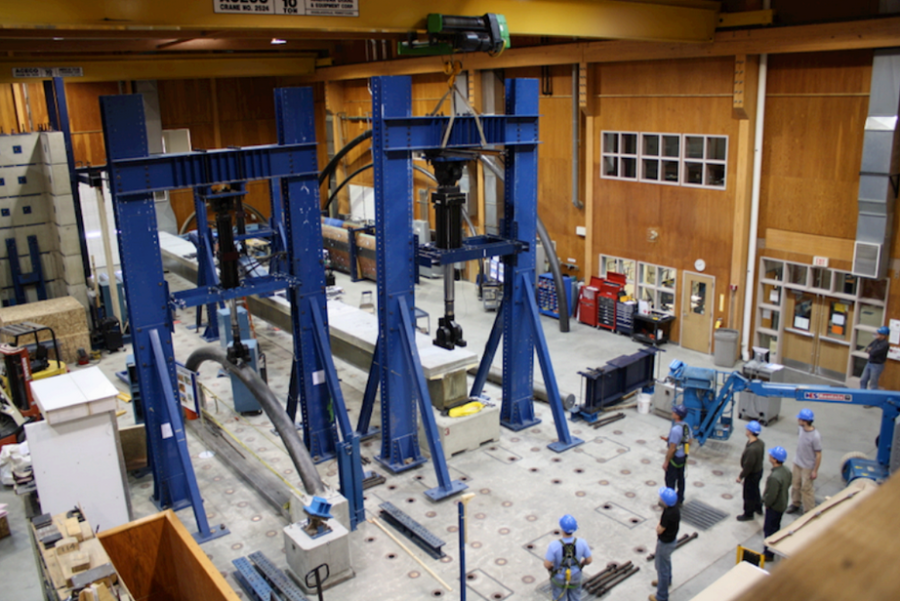
Advanced Engineering Wood Composites (AEWC) & Marine Aquaculture FY
This project supported the creation of the Advanced Engineered Wood Composites Center (AEWC), including construction of a 30,000 sq. ft. facility, major equipment purchases, and new faculty hires. It also allowed for the construction of a new Marine Culture Laboratory at the University’s Darling Marine Center to support a broad spectrum of aquaculture research and education.
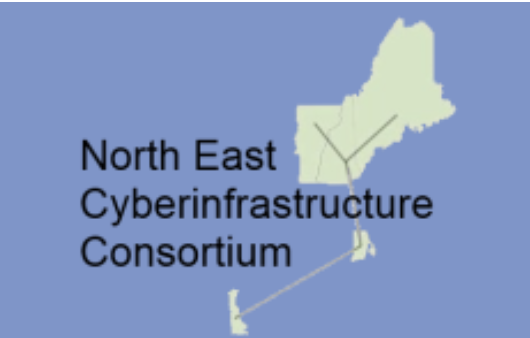
New England Cyberinfrastructure Consortium FY 2010-2012
This $1,350,000 three-year project supported high-speed fiber networks that allowed researchers greater access to a regional and national computer, analysis, and visualization resources.

Sustainability Solutions Initiative (SSI) Track-1 FY 2010-2014
This five-year project was a multi-disciplinary, multi-institutional effort leading to the creation of the Senator George J. Mitchell Center for Sustainability Solutions at the University of Maine. Research addressed the intersecting ecological, social, and economic dimensions of sustainability science, with an emphasis on making connections between knowledge and action.
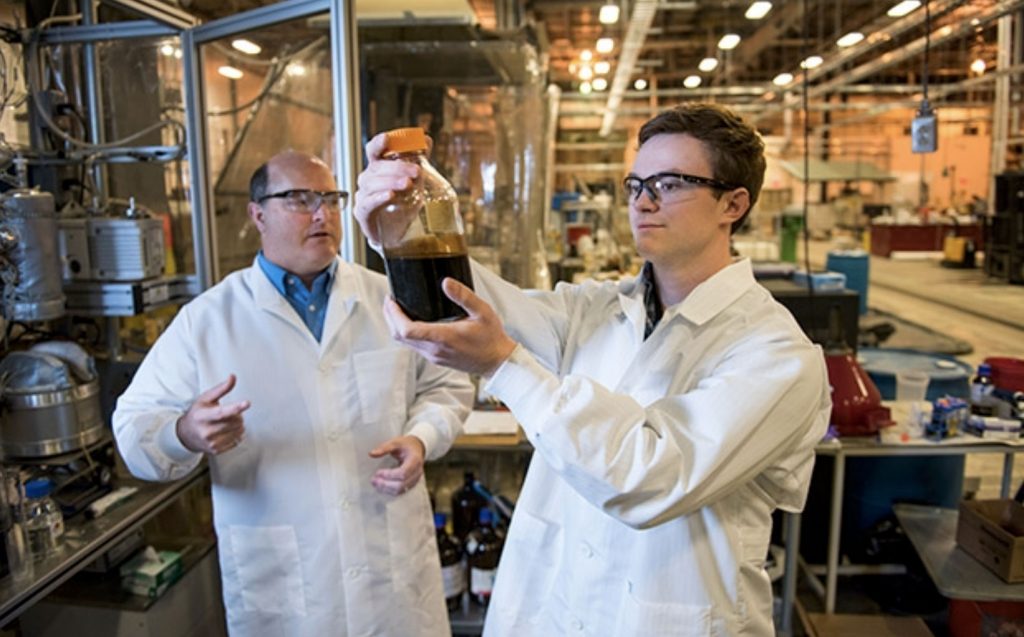
Forest Bioproducts Research Initiative (FBRI) FY 2006-2009
FBRI Vision is to advance understanding about the scientific underpinnings, system behavior, and policy implications for the production of forest-based bioproducts that meet societal needs for materials, chemicals and fuels in an economically and ecologically sustainable manner.

